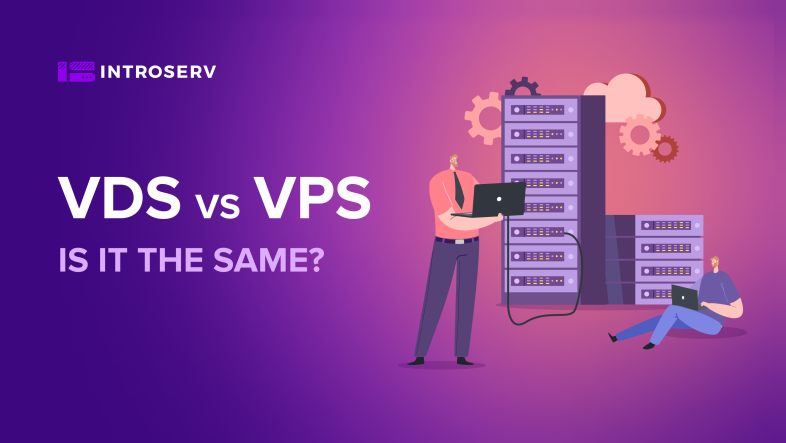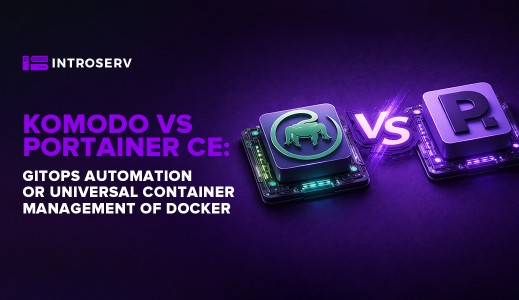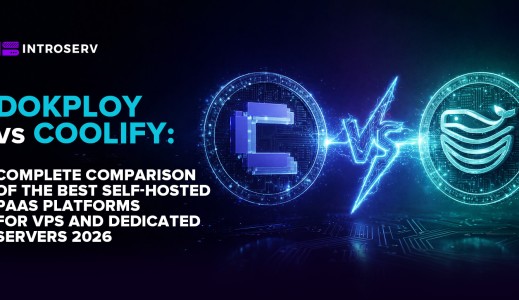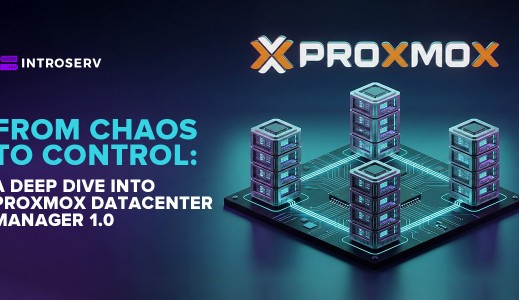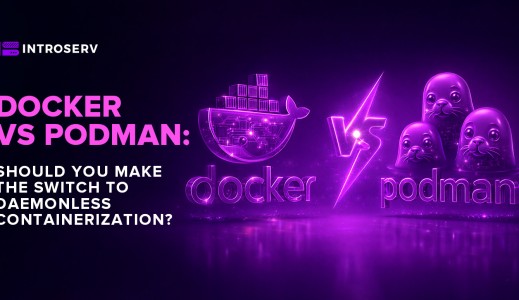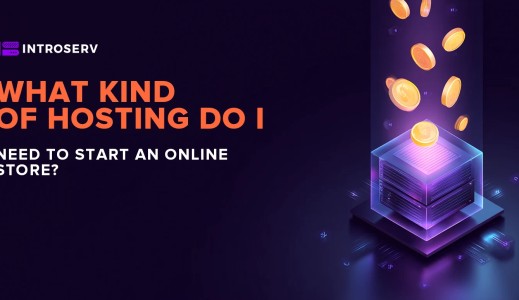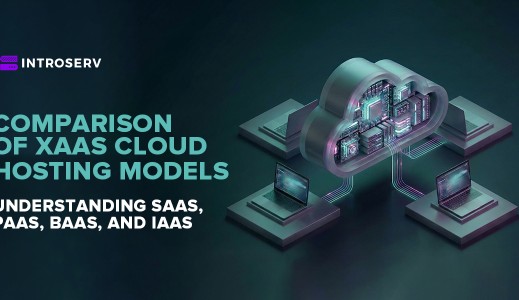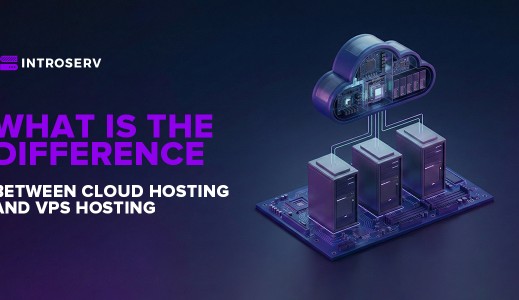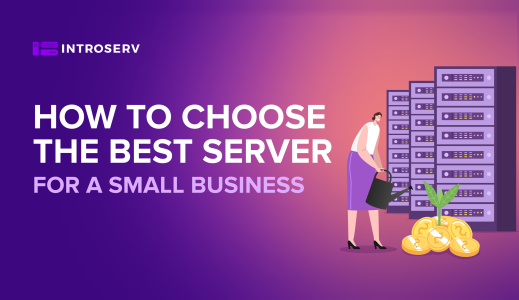If you are looking for a hosting solution that offers more flexibility and control than a shared hosting plan, you may have come across the terms VPS and VDS. But what do they mean and how are they different? In this article, we will explain the basics of VPS and VDS, compare their advantages and disadvantages, and answer some common questions about them.
What is VPS?
A Virtual Private Server, also known as a VPS, is a type of hosting that enables multiple virtual servers to run on a single physical device. Each server functions independently with its own resources, including CPU, RAM, and storage. This allows you to have a host that has the look and feel of a dedicated server, with full access to the virtual private server's operating system with root or administrator privileges. This way, you can customize the system to your needs, install software, and host multiple websites on the same server.
Each virtual private server is assigned a unique IP address that allows it to communicate with other devices and servers on the internet. This IP is independent of the physical server's address and can be used to host multiple websites or applications on the same private server.
Unlike a remote desktop, which provides remote access to an existing operating system and its applications, a Virtual Private Server runs its own operating system and can host multiple applications and services.
Using a Virtual Private Server, you have unrestricted access to the server's resources and can install any software of your choice on it. Furthermore, you have the freedom to select your desired operating system and configure the server according to your preferences.
Unlike VMware, which is a type of software that provides virtualization capabilities for an entire computer system, VPS is more commonly used for smaller-scale hosting needs. It runs on top of a physical server, which can be shared with other VPS or dedicated entirely to one user.
VPS hosting is a more affordable alternative to dedicated server hosting, as it shares resources with other virtual machines. The performance of a private host may depend on the resource usage of other virtual machines on the same physical device. Hosting providers typically allocate specific resources like CPU, RAM, disk space, and bandwidth to each private server, but these resources may not be guaranteed or dedicated. A VPS may experience performance variations depending on the demand of other virtual machines.
This type of cloud server is ideal for small to medium-sized businesses or websites that require more control and flexibility than a shared hosting plan but don't need the complete resources or security of a dedicated device. Some examples of use cases for a VPS include:
1. Hosting websites or applications that require custom settings or software
2. Connecting remote desktops and working with office applications
3. Deploying small e-commerce or corporate sites
4. Testing or developing new websites or software
5. Running web applications or databases
What is VDS?
Virtual Dedicated Server (VDS) is a kind of hosting service that enables users to rent a dedicated but managed server to create, publish, and host web applications. Unlike a VPS, it does not share its resources with other users, providing a single-tenant environment rather than a multi-tenant one.
A dedicated virtual hosting operates on hypervisor software that generates and manages virtual machines (VMs) on a physical machine. Each VM runs its own OS and has restricted access to a part of the physical machine's resources. Users can choose their preferred OS and install any software on their VM. Typically, hosting providers provide varying resource levels (such as RAM, CPU cores, disk space, and bandwidth) for each virtual machine, depending on the plan.
Virtual Dedicated Server allows for great customization and flexibility. Users can install and configure their own software and applications, which is ideal for businesses with specific needs that cannot be met by a shared hosting service. VDS also provides full control over its server environment and does not have to worry about other users' activities affecting their websites. This type of hosting typically comes with advanced features such as remote server management, advanced monitoring and reporting, and scalability options that make it easier for businesses to grow and expand their web applications.
Virtual Dedicated Server is sometimes used interchangeably with VPS, but it is usually referred to as a premium VPS plan with additional resources and features. A dedicated host is more costly than a VPS as it offers exclusive resources and improved performance. Nonetheless, it requires the user to manage and maintain their VM, and while hosting providers usually provide basic support and security solutions for the VMs, users may still need to manage some administration, backup, and updates.
A VDS is well-suited for large businesses or websites requiring high performance, reliability, and security for their web applications. Some examples of dedicated host use cases include:
- Streaming video or audio applications
- Game servers
- High-load applications with increased traffic
- Large e-commerce project
- Data analysis or machine learning applications
What to choose: VDS or VPS?
Both Virtual Dedicated Servers and Virtual Private Servers have their own advantages and disadvantages. Here are some factors to consider when choosing between them:
- Cost: Virtual Private Server is cheaper than another one, as it is a cost-effective solution for businesses and individuals who need dedicated hosting resources but don't want to pay for a physical server.
- Performance: VDS offers better performance than a private host, as it has dedicated resources and does not suffer from fluctuations caused by other customers.
- Scalability: VPS offers more scalability, as you can easily upgrade or downgrade your plan according to your needs.
- Flexibility: Private virtual machine is more flexible, as you can choose from different OS options and hosting plans offered by the hosting provider.
- Security: Dedicated hosting solution gives more security than a VPS, as you have a single-tenant environment that is isolated from other customers.
The most important advantage of VDS over VPS is performance. Virtual Dedicated Server provides dedicated resources and better performance to the user, as it does not share its resources with other customers. It can handle high-load applications with increased traffic, such as streaming video or audio applications, game servers, large e-commerce projects, data analysis or machine learning applications, etc. Dedicated hosting can also offer more reliability and stability, as it does not suffer from fluctuations caused by other customers.
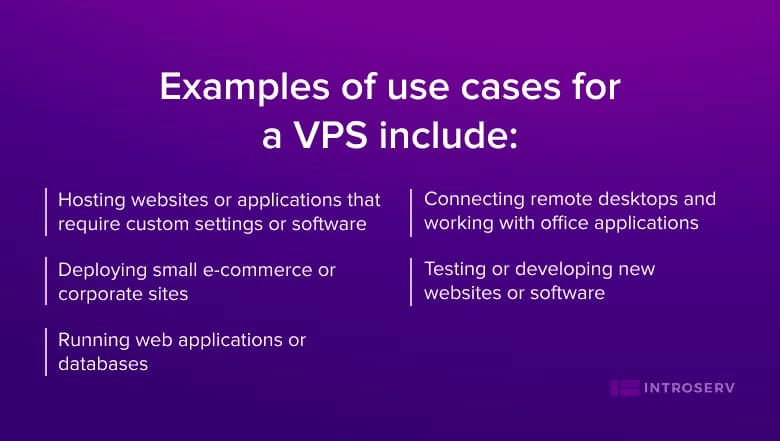
Unlock the Ultimate Power of Virtualization with INTROSERV
At INTROSERV, we offer a range of VPS and VDS hosting options, including managed and unmanaged plans. With managed hosting, our team of experts handles server administration, security, and maintenance, allowing you to focus on your business. With unmanaged hosting, you have full control over your server, but you are responsible for all aspects of server management.
No matter which option you choose, our certified data centers ensure high performance, reliability, and security. With 24/7 technical support, you can rest assured that any issues will be promptly resolved. Contact us today to learn more about our VPS and VDS hosting options and unlock the power of virtualization for your online projects.

